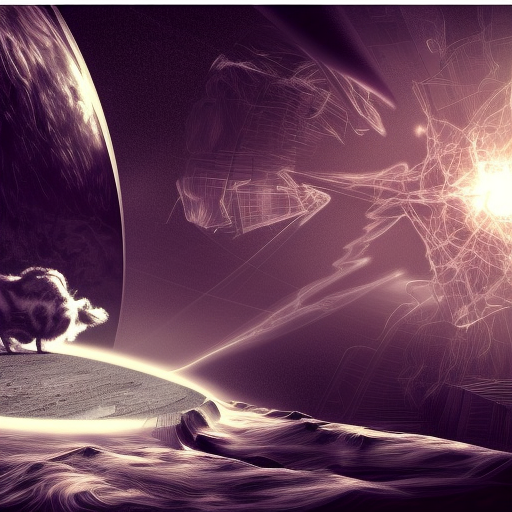
By the beginning of 2035, will physicists and philosophers mostly agree on the correct interpretation of quantum mechanics?
38
Ṁ1kṀ2.3k2035
10%
chance
1H
6H
1D
1W
1M
ALL
Or whatever theory has replaced it at the time.
"Mostly agree" here will mean upwards of 95% agreement in polls.
This question is managed and resolved by Manifold.
Market context
Get  1,000 to start trading!
1,000 to start trading!
Sort by:
I see a problem with the agreement of philosophers. Since philosophy has become distinct from physics, it tends to attract those who still think that this is a matter of debate. In particular, what if philosophers from different countries disagree by that date?
It might be useful to have a separate market whose resolution is bound only to the opinions of physicists.
People are also trading
Related questions
Which interpretation of quantum mechanics will be accepted by 2030
Will relational quantum mechanics become the consensus view by the end of 2040?
10% chance
Will a theory of everything (a theory that unites relativity and quantum mechanics) be found in physics by 2040?
41% chance
Will a theory of everything (a theory that unites relativity and quantum mechanics) be found in physics by 2040?
36% chance
Will most physicists believe in a version of the Mathematical Universe Hypothesis by 2030?
11% chance
Will we know if gravity is fundamentally quantum by the end of 2030?
16% chance
What'll be the conclusions of a large study into the ease of learning quantum mechanics with different interpretations?
When (if ever) will Bohmian mechanics overthrow quantum theory?
Will there be a major paradigm shift in physics, like Newtonian to Modern Physics, by the end of 2040?
26% chance
Practical relationship between thought and quantum mechanics found and used by 2050
18% chance
